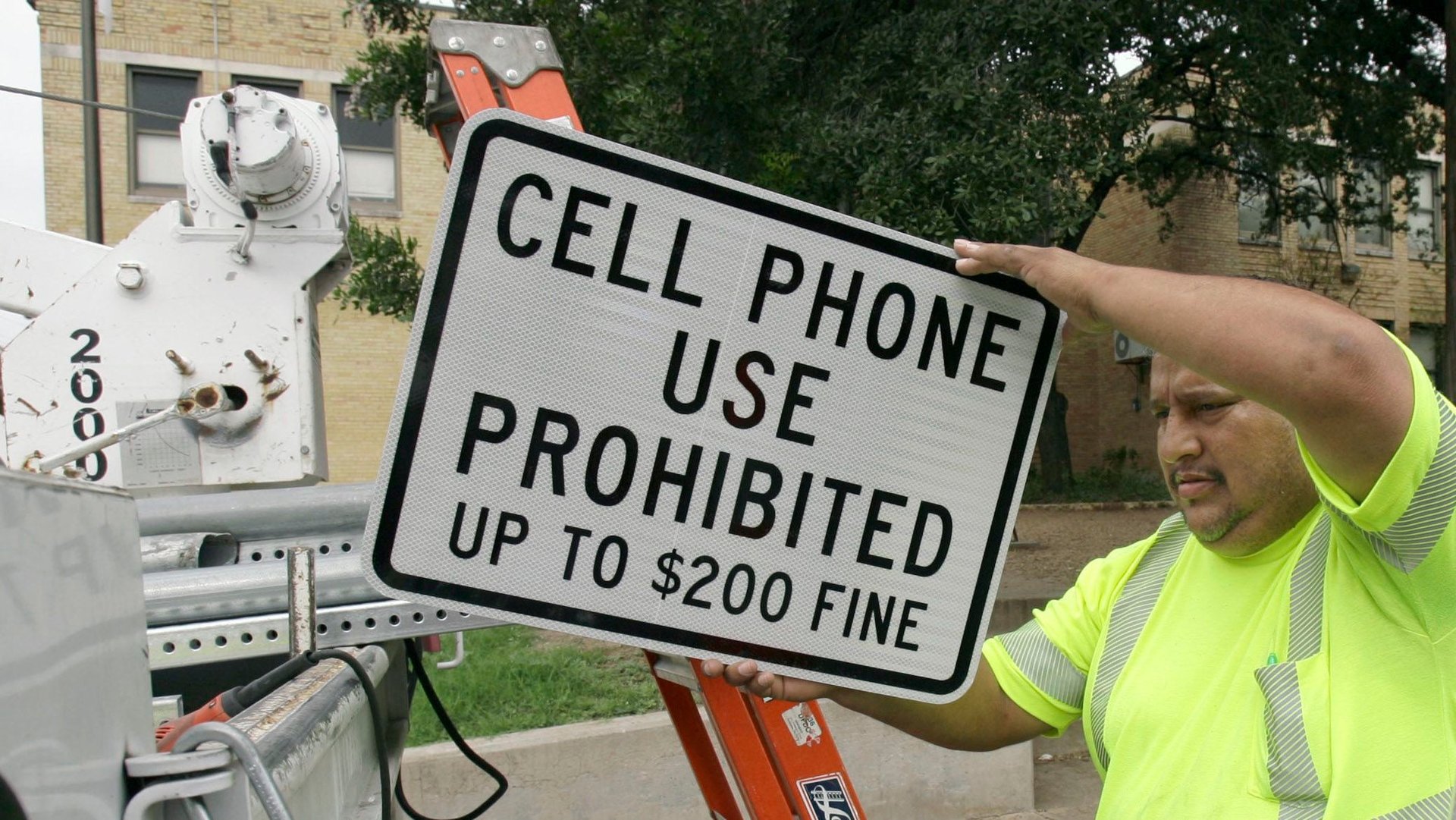More evidence that smartphones need to stay out of bed
Yet another study confirms a warning that many of us ignore on a nightly basis: staring at a screen before bedtime can make you take longer to fall asleep, and then sleep for less time.


Yet another study confirms a warning that many of us ignore on a nightly basis: staring at a screen before bedtime can make you take longer to fall asleep, and then sleep for less time.
In this latest study, published in BMJ Open, researchers analyzed a 2012 survey of more than 9,000 Norwegian teens—mostly high school students, between the ages of 16 and 19—to determine their screen and sleep habits. They found that about 90% of girls and about 80% of boys use a cell phone in the hour before bed. More than 80% also used computers. The scientists found that the teens who used electronics in that last hour were likely to experience sleep onset latency of at least 60 minutes (meaning they took more than an hour to fall asleep) as well as sleep deficiency, defined as sleeping at least two hours less than they should.
Certainly this is not the first study to decry the use of electronics in bed. These results reinforce past research on the effects of engaging with electronics, though more research is needed to determine the underlying causes, and the differences between the effects of different kinds of screens, the latest study’s authors wrote.
One likely explanation of the sleep pattern disruptions is very simple—light wakes us up, and smartphones shine light directly onto the face of whoever is looking at the screen of one. That can make a person more alert and less sleepy, and can cause children especially to fall asleep at later times and then report more sleepiness during the day, the National Sleep Foundation notes. The blue light in particular can prevent melatonin release in teens and adults, interfering with an important aspect of regular sleep.
Another possible explanation, the study suggests, is that screens are time-consuming: smartphones are a gateway to the endless rabbit hole that is the internet, and in using one your mind becomes engaged, instead of powering down.